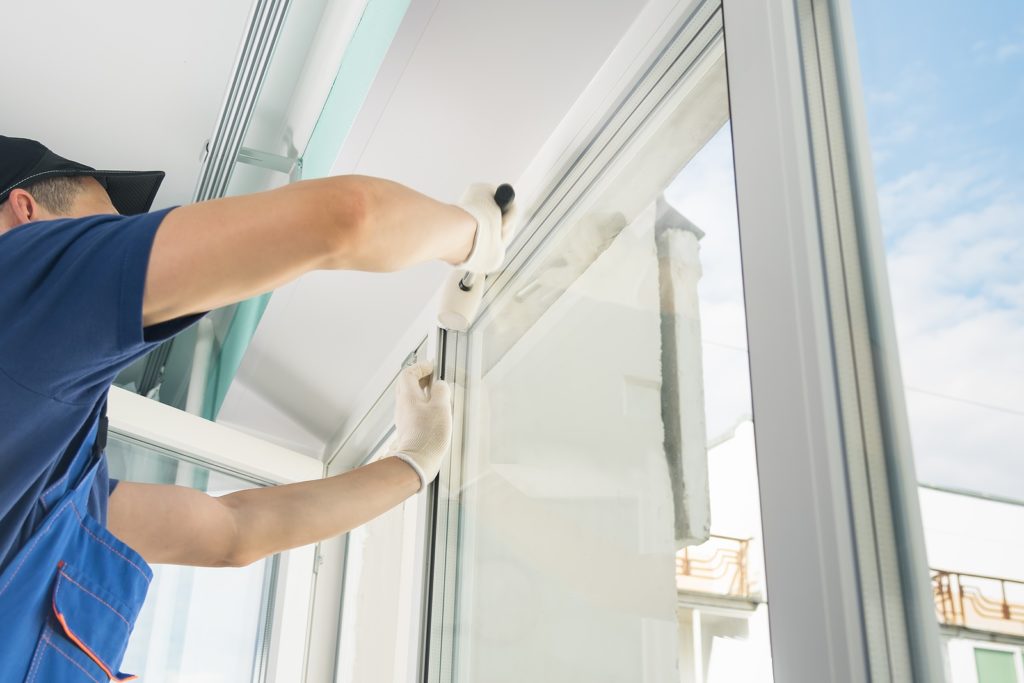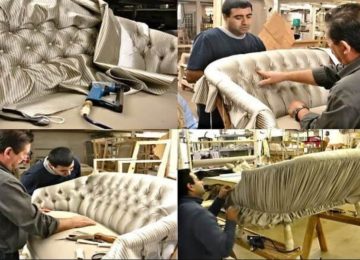In the realm of home improvements, replacing old windows with energy-efficient models is a smart move that pays off in multiple ways. Not only do they enhance the aesthetic appeal of your home, but they also play a crucial role in reducing energy consumption and saving money. This article delves into the world of energy-efficient windows, exploring how they work, their benefits, and the potential savings they offer.
Understanding Energy-Efficient Windows
Energy-efficient windows are designed to keep your home comfortable while using less energy. They achieve this through various innovative features:
- Double or Triple Glazing: These windows have two or three panes of glass instead of one, creating an insulating barrier that reduces heat transfer.
- Low-Emissivity (Low-E) Coatings: This thin metallic coating on glass panes reflects heat back into the room during winter and keeps the heat out during summer.
- Quality Frame Materials: Frames made from materials like vinyl, fiberglass, or composite wood are more effective at insulating than traditional aluminum frames.
- Gas Fills: Some energy-efficient windows use inert gases like argon or krypton between the panes for better insulation.
- Warm Edge Spacers: These spacers keep the panes of glass apart and reduce heat transfer around the edges of the window.
The Benefits of Energy-Efficient Windows
The advantages of installing energy-efficient windows extend beyond just energy savings:
- Reduced Energy Bills: By maintaining a consistent indoor temperature, these windows reduce the need for heating and cooling, leading to lower energy bills.
- Increased Comfort: They eliminate cold drafts and hot spots, making your home more comfortable year-round.
- UV Protection: Many energy-efficient windows come with coatings that block harmful UV rays, protecting your furniture and flooring from fading.
- Noise Reduction: The extra layers of glass and improved sealing can significantly reduce outside noise.
- Environmental Impact: Using less energy means reducing your carbon footprint, contributing to a healthier environment.
Potential Savings with Energy-Efficient Windows
The actual savings from energy-efficient windows depend on various factors, including your home’s size, the climate you live in, and the type of windows you’re replacing. However, studies have shown that replacing single-pane windows with energy-efficient models can save a significant amount on your energy bills annually. Even replacing double-pane, clear glass windows with energy-efficient ones can yield noticeable savings.
Choosing the Right Energy-Efficient Windows
When selecting energy-efficient windows, consider the following:
- Energy Star Certification: Look for windows that are Energy Star certified, indicating they meet strict energy efficiency guidelines set by the U.S. Environmental Protection Agency.
- U-Factor and Solar Heat Gain Coefficient (SHGC): The U-factor measures how well a window insulates, while SHGC measures how much heat from the sun is blocked. Lower values mean better insulation and less solar heat gain.
- Professional Installation: Proper installation is key to ensuring your windows perform as expected. Make sure to have them installed by experienced professionals.
Energy-efficient windows are a wise investment for any homeowner. Not only do they offer significant savings on energy bills, but they also improve the comfort and value of your home. As we become more conscious of our energy use and its impact on the environment, making the switch to energy-efficient windows is a step in the right direction. If you’re considering window replacement, explore the options for energy-efficient windows and start reaping the benefits of a more sustainable, comfortable home.









